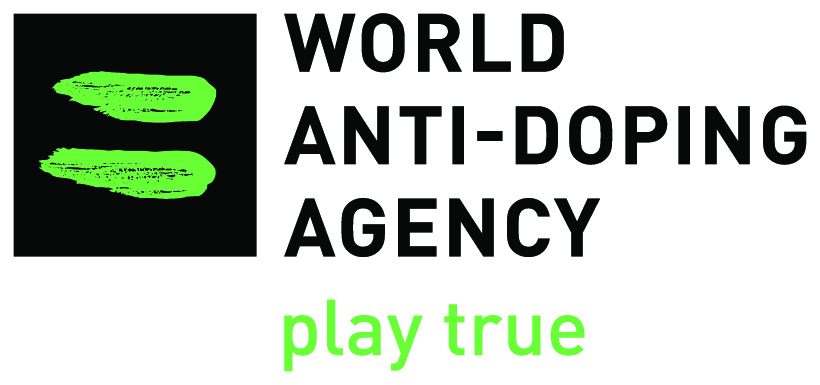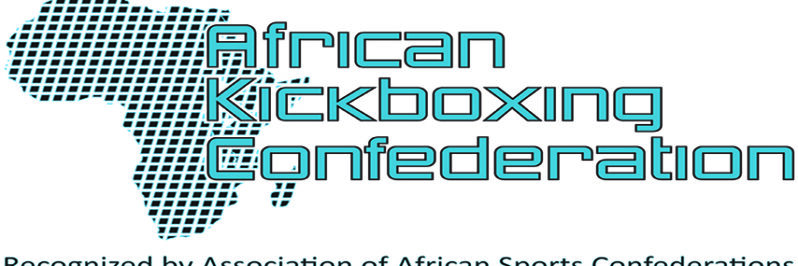 The World Anti-Doping Agency (WADA) is announced to publish version 5.0 of the Technical Document for Sport Specific Analysis (TDSSA). Version 5.0 includes the following amendments that were approved by WADA’s 23 September 2019 Executive Committee meeting and are scheduled to come into force on 1 January 2020:
The World Anti-Doping Agency (WADA) is announced to publish version 5.0 of the Technical Document for Sport Specific Analysis (TDSSA). Version 5.0 includes the following amendments that were approved by WADA’s 23 September 2019 Executive Committee meeting and are scheduled to come into force on 1 January 2020:
- Revised TDSSA Objectives
After four years of TDSSA implementation, the initial objectives have essentially been achieved. Version 5.0 includes four new objectives that set out the goals and scope of the revised TDSSA.
- Greater flexibility in the application of Minimum Levels of Analysis (MLAs)
Following a consultation process with stakeholders earlier this year, the primary feedback received (in particular from National Anti-Doping Organizations) was that they would like more flexibility in applying the MLAs.
Consequently, an online application platform is being developed within WADA’s Code Compliance Center (CCC, previously the Code Compliance Questionnaire platform) for Anti-Doping Organizations (ADOs), which will require ADOs to assess themselves against a number of criteria and upload applicable documents to validate that they are implementing intelligent testing programs. ADOs can receive up to a 50% reduction in the MLAs of the sports or disciplines for which they seek flexibility, based on the level of implementation of intelligent and compliant anti-doping programs.
- 5% MLAs to become optional
Compliance with the TDSSA requirements for sports and disciplines that have a MLA of 5% for Prohibited Substances and Methods within the scope of the TDSSA will become optional. This will assist in providing more flexibility and resources for ADOs to apply to the MLAs of higher risk sports or disciplines within their Test Distribution Plan.
- Revised MLA percentages for some sports and disciplines
Following the consultation process and discussions with the relevant International Federations, a small number of sports and disciplines have also had some of their MLAs revised. These are highlighted in Appendices 1 and 2 of the TDSSA.
Implementation of the haematological module of the Athlete Biological Passport (ABP)
ADOs are reminded that the implementation of the haematological module of an ABP for sports or disciplines with an Erythropoiesis Stimulating Agents (ESAs) MLA of 30% or greater has been a mandatory component of compliance with the TDSSA since 1 January 2019.
ADOs that have any questions or require assistance with regards to the implementation of the haematological module of the ABP are invited to contact WADA at athletepassport@wada-ama.org.
Supporting Documents
Updated TDSSA Supporting Document A (Application for Flexibility in the Implementation of the MLAs) and Supporting Document B (Frequently Asked Questions) have been published on WADA’s website. ADOs that have any questions or comments regarding the TDSSA are invited to contact WADA at tdssa@wada-ama.org.









